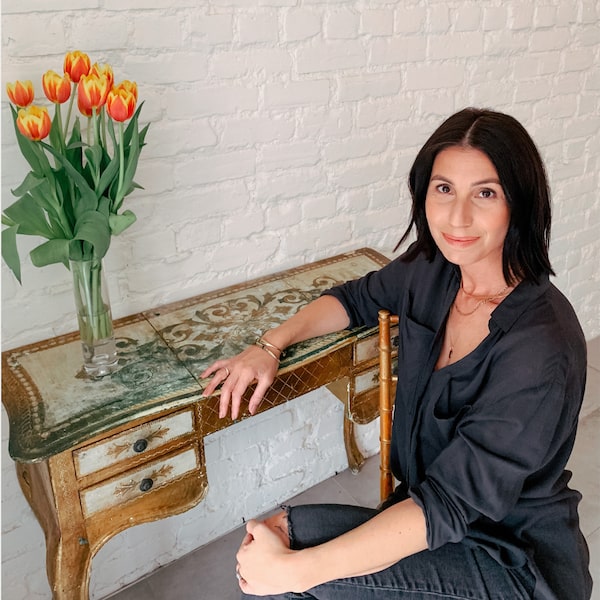This weekend, many Canadians will be setting their clocks back an hour as daylight saving time comes to an end. For most of us, this just means an extra hour of sleep. But if you’re someone who struggles with sleep problems, the small change can have big impacts on your ability to get a good night’s sleep. To help you prepare for the end of daylight saving time, and even improve your sleep routine year-round, we asked three experts – including a sleep coach and a former insomniac – to share their bedtime tips, routines and more.
Marco Timpano, host and producer of The Insomnia Project

Supplied
Timpano, who has struggled with insomnia since he was a teenager, started The Insomnia Project as a podcast that could help listeners fall asleep. “It’s meant to just relax and calm the listener, to refocus their mind so they’re not thinking of all the things they have to do, or the things that they haven’t done yet,” says Timpano.
Watching something low stakes on television, “something that was calm and predictable,” like the shopping network or The Great British Baking Show, has always helped him fall asleep. Weighted blankets and a caffeine-free tea with lots of honey also help. So does creating a comfortable environment. “Another thing that’s really helpful is if the bedroom is cool and you’re under warm sheets, that will often help you fall asleep,” says Timpano.
Daylight saving time changes are tough on Timpano; he will typically start making adjustments to his sleep schedule a day or two before. “Daylight savings, when we change that over, it’s almost like jetlag for me, in that it takes about three or four days for me to resolve it in order to fall asleep on a regular schedule,” says Timpano.
Talia Shapero, certified adult sleep coach

Supplied
As a sleep coach, Shapero identifies the “imbalances” that are affecting a client’s quality of sleep, and puts together an action plan to help them get their sleep back on track. One of the first questions she asks clients is what they are doing an hour before they’re turning off the lights. Because many of us are so busy during the day, dealing with stressors and spending so much time on our devices, it can be hard to wind down at the end of the day.
“It’s really, really important to create a consistent, I call it a buffer zone, between our waking activities and stressors of the day and our nighttime,” says Shapero. She suggests creating, for half an hour to an hour, “a consistent and relaxing routine that is preparing your mind and body for rest, and helping calm down your nervous system.” Ideally, you’re getting ready for bed, reading, listening to a podcast or doing breathing exercises during that time, and not looking at a screen or watching TV.
For a smoother transition to standard time this weekend, Shapero recommends gradually shifting your bedtime and wake up time later by 15 minutes in the four days before the clocks go back. Shifting your meals later similarly can help as well.
Diane Macedo, journalist and author of The Sleep Fix

Supplied
A self-described night owl and former insomniac, Macedo struggled for years with sleep problems, and wrote The Sleep Fix to share the practical tips and evidence-based techniques that helped her. She used to have a “strict” bedtime routine – no TV, no phones, lavender oil on her pillow, a bath or shower, and sleepy-time tea – and yet things were “just getting worse and worse and worse.”
Today, Macedo follows a much simpler routine, which even includes watching TV with her husband and doing some work before bed. “I think for someone who suffers with that kind of racing mind and anxiety that can often fuel insomnia, that’s probably the most important part, is having your bedtime routine be something that feels simple and relaxing to you and not something that you have to put a whole lot of effort into,” says Macedo.
The key tweaks? “When I’m doing my work, I have the screen brightness turned all the way down, I have blue light filters,” says Macedo. After the computer is turned off, she will have a light snack or get ready for bed in silence – for her, this time is an opportunity to reflect on and process the events of the day. In the past, this was also a time where she could do what she calls “a brain dump,” or constructive worry exercise, where she would write down in a notebook anything that’s weighing on her mind and the next step to resolving that issue.
To alleviate the impact of daylight saving time changes, Macedo recommends the use of a therapy light, which “is huge for anything involving the body clock.” Melatonin, taken at the right time, can help shift your body clock too.
The Globe has five brand-new arts and lifestyle newsletters: Health & Wellness, Parenting & Relationships, Sightseer, Nestruck on Theatre and What to Watch. Sign up today.